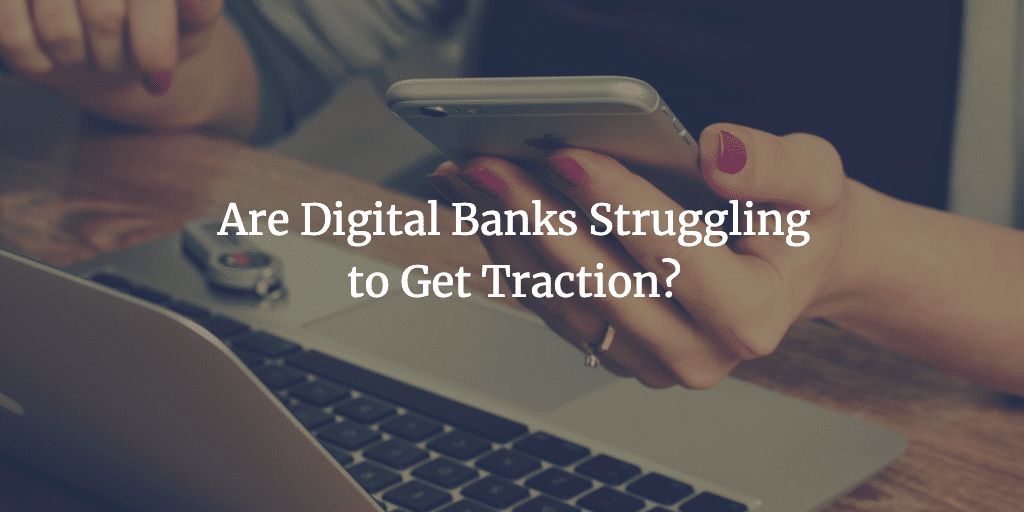An article in Forbes earlier this month about the traction of digital banks caught my attention. A survey of U.S. consumers conducted by Cornerstone Advisors showed that traction among many of these new neobanks (I use this term and digital bank interchangeably in this article) is not happening as quickly as many of us expected. According to the survey only 3% of millennials have their primary checking account at a digital bank like Chime, Simple or Moven.
The survey also found that only 7 million deposit accounts have been opened at digital banks and that only Ally, Chime and BankMobile have more than one million deposit accounts. Simple, the first digital neobank to launch almost 10 years ago, has just 517,000 accounts according to the survey.
Now, when Chime announced they had raised $200 million in March they claimed to have opened 3 million FDIC-insured bank accounts. So, it is quite possible this survey is undercounting the total or that maybe there is a difference between an open account and a funded one. Regardless, we have a long way to go before any digital bank can challenge the size of even a midsized regional bank.
There are, of course, many other neobanks not included in the survey. At LendIt Fintech USA 2019 last month the CEO of MoneyLion, Dee Choubey, said that his company has more than 4 million users today. Another example is Square Cash, which has over 15 million monthly active users and with the debit card some consumers are using this as a primary bank account. So, one could even include Square Cash as a neobank (Square is in the process of applying for a banking license).
All this should be put in the context of a special report in The Economist earlier in the month with the cover exclaiming “Tech’s raid on the banks”. One of the many interesting stories in that report was about “Flanker banks” where banks create a new brand to compete with themselves. We have seen that at JPMorgan Chase with Finn and Greenhouse by Wells Fargo and there are numerous examples internationally. But according to the Cornerstone Advisors survey Finn is not getting much traction yet – their number of 47,000 accounts is surprising, if not shocking, to me. Greenhouse is still in limited rollout.
Now, Rome wasn’t built in a day and this is certainly a marathon and not a sprint. Varo Money, who had 325,000 deposit accounts according to the survey, is still in the process of obtaining a full bank charter. Varo began discussions with regulators three years ago and when they receive their charter they will be the first neobank to do so. When it comes to financial regulation everything happens slowly.
The reality is that digital banks are still very much in their infancy. Many people are opening accounts at these new neobanks but keeping their traditional bank as their primary account. Even if the total numbers in the Cornerstone Advisors survey are correct (and they seem low to me) millions more users will be opening digital bank accounts in coming years. If traditional banks want these new users to come to them, they had better enhance their digital tools and offerings.
I am very bullish on the long term prospects for the neobanks. I think there will be several winners and I expect many of the big banks will be winners as well. Where I think the struggles will be is with smaller community banks and credit unions who will have a difficult time offering a compelling tech solution. All is not lost for these smaller financial institutions. Just look at Radius Bank. The community bank made the decision several years ago to become an online-only bank, closing six branches, and they are thriving with more than $1.3 billion in assets. Also, there are many banking as a service offerings hitting the market today that will help these smaller financial institutions offer sophisticated digital tools.
I am convinced several neobanks will become very, very large and profitable financial institutions but this will take time. And a lot of resources. So, it is a good thing that pretty much every major neobank has raised a significant funding round in the last 12 months. They are flush with cash, adding new users at a rapid rate and are poised to make a real impact on the banking system.


